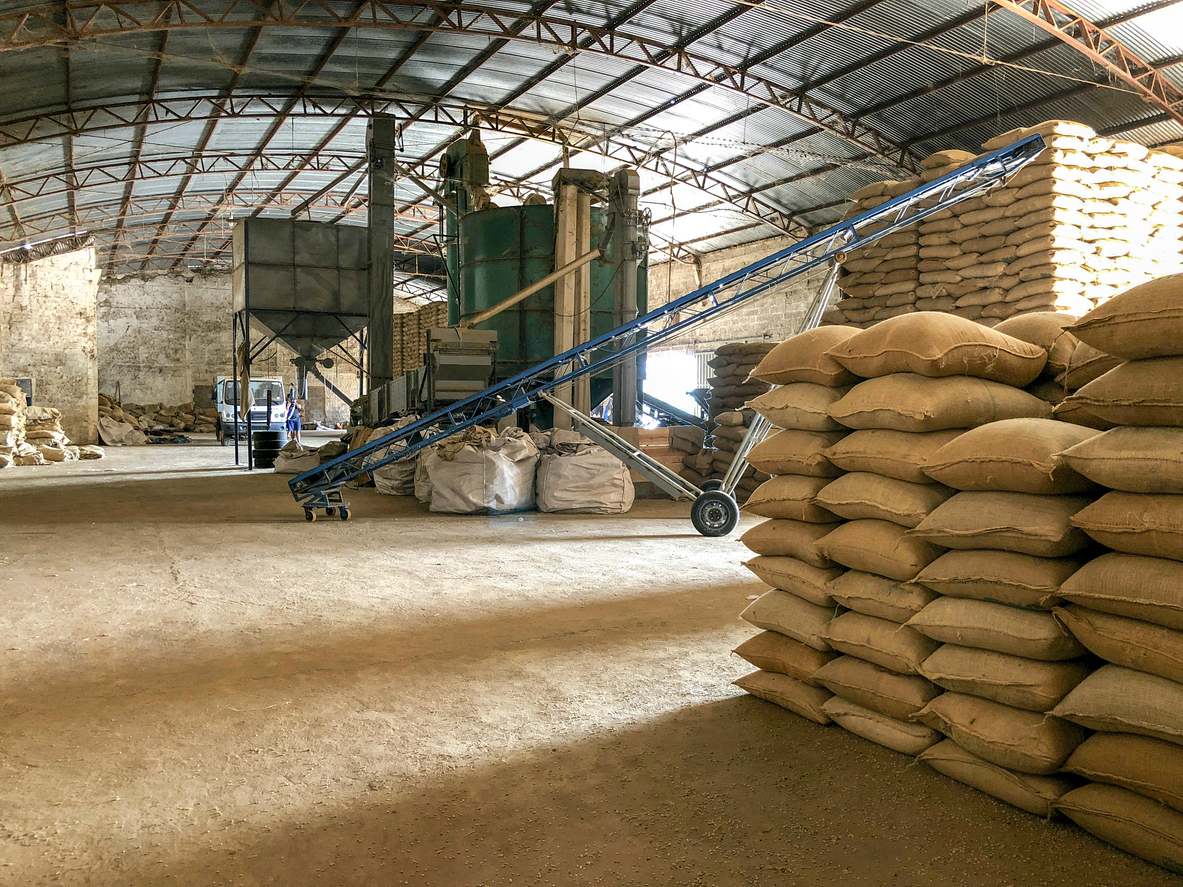Logistics and Warehousing in Nigeria: Strengthening the Supply Chain
Logistics and warehousing in Nigeria are critical to ensuring goods move efficiently from suppliers to end-users. Together, they form the backbone of Nigeria’s growing trade and industrial sectors.
From inventory management to final delivery, effective logistics and warehousing operations help businesses minimize costs, improve product availability, and ensure customer satisfaction.
As Nigeria expands its role as a major trade hub in Africa, companies are investing in modern logistics infrastructure and storage facilities to handle growing demand and improve supply chain efficiency.
The Role of Logistics and Warehousing in Nigeria’s Economy
The growth of logistics and warehousing in Nigeria reflects the country’s evolving trade landscape.
Key drivers include:
-
Rising import and export activities across ports in Lagos, Onne, and Apapa.
-
Expanding manufacturing industries demanding better distribution networks.
-
Increased e-commerce requiring faster, more reliable delivery systems.
-
Government efforts to improve transportation infrastructure.
These factors make logistics and warehousing not just operational necessities but also strategic tools for business expansion.
Key Components of Effective Logistics and Warehousing in Nigeria
To thrive in Nigeria’s dynamic market, businesses must optimize several core components of logistics and warehousing:
-
Storage and Inventory Management: Using modern warehouse systems to track stock and prevent losses.
-
Transportation and Distribution: Coordinating road, air, and sea transport for seamless delivery.
-
Technology Integration: Adopting automated systems for real-time monitoring and efficient order fulfillment.
-
Cold Chain Facilities: Essential for industries dealing with perishable goods such as food and pharmaceuticals.
-
Safety and Security: Protecting goods against theft, damage, and environmental risks.
When effectively managed, these elements enhance business reliability and customer satisfaction.
Benefits of Investing in Logistics and Warehousing in Nigeria
Businesses that prioritize logistics and warehousing in Nigeria enjoy several competitive advantages:
-
Reduced Costs: Efficient storage and delivery minimize waste and transportation expenses.
-
Faster Market Reach: Timely distribution boosts customer trust and retention.
-
Better Stock Control: Real-time visibility prevents shortages or excess inventory.
-
Scalability: Supports business expansion into new regions and markets.
-
Compliance: Ensures goods are stored and transported in line with local regulations.
For importers, distributors, and manufacturers, logistics and warehousing efficiency directly impact profitability.
Challenges Facing Logistics and Warehousing in Nigeria
Despite progress, logistics and warehousing in Nigeria still face operational challenges:
-
Poor road infrastructure leading to higher transportation costs.
-
Limited storage capacity in key commercial zones.
-
Inconsistent power supply affecting warehouse operations.
-
Regulatory bottlenecks during customs and clearance processes.
Overcoming these challenges requires investment in technology, skilled personnel, and collaboration with reliable logistics partners.
How Wigmore Trading Supports Logistics and Warehousing in Nigeria
Wigmore Trading plays a vital role in improving logistics and warehousing in Nigeria by offering efficient and customized solutions for businesses.
With extensive experience in import/export, distribution, and supply chain management, Wigmore Trading helps companies store, transport, and deliver goods safely and on schedule.
Whether managing FMCG products, industrial supplies, or bulk shipments, Wigmore Trading can help streamline your logistics operations and ensure cost-effective warehousing solutions.
Contact Wigmore Trading today to strengthen your logistics and warehousing strategy across Nigeria.








Comments are closed.